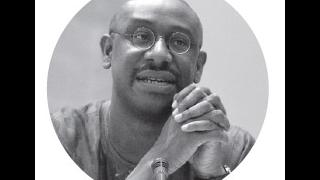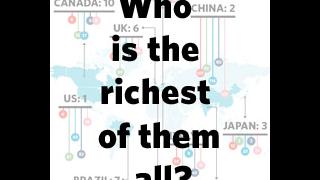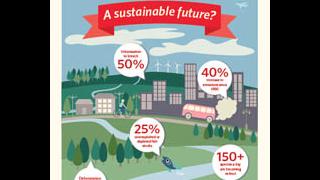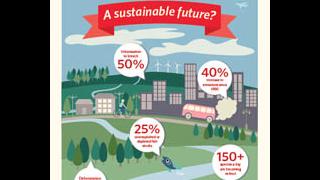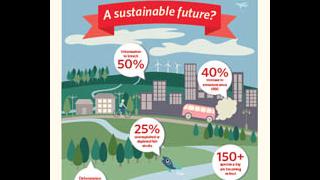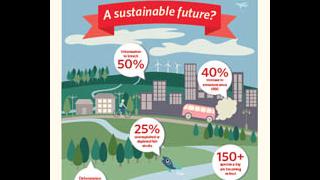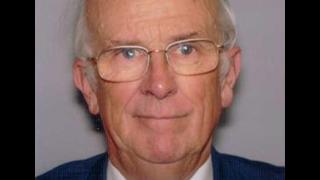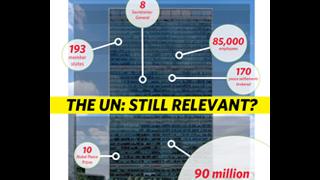
The dynamics of conflict have undeniably changed since the post-second world war moment when a weary world created the United Nations to prevent the “scourge of war”. This period has been described as a transition from 'old wars', in which defined armies battled for territory, to 'new wars' in which little distinction is made between combatants and civilians. Another notable feature of modern conflicts is their protracted nature and ill-defined conclusions. This is the core focus of the World Bank 2011 World Development Report (WDR), Conflict, Security and Development. The report argues that despite the best efforts of the UN and other development actors to adapt their responses to new dynamics of violence, there is still a long way to go and finding such solutions requires a ‘refitted’ international system.
With an estimated 1.5 billion people currently living in fragile or conflict affected areas the WDR describes this as 'a primary development challenge of our time'. The World Bank has always considered violence a development issue, and thus under their purview, yet much of the WDR's recommendations fall outside their traditional development mandate. In fact, the UN system is implicated as a key development partner throughout the new framework.
The WDR’s central message is clear: countries with weak institutions are rendered unable to deal with ‘stresses’, such as regional unrest and fluctuations in commodity prices, and can descend into vicious cycles of violence and fragility. Refreshingly pragmatic and taking a multi-disciplinary approach, the WDR looks beyond a one-size-fit-all analysis, a criticism often levelled at the World Bank. In this sense it is a radical document. Making a number of recommendations it argues that determined national leaders and their international partners need to develop institutional resilience in citizen security, justice and jobs. The WDR addresses widespread critiques of current liberal peacebuilding practice and acknowledges that finding durable solutions is a slow process which can take generations to resolve.
The World Bank yearly reports were once described as 'discourse maintenance', reliably publishing persuasive theories on how to make the world a fairer, more peaceful, and more developed place.
Yet when analysed, they often advocate a single solution: the creation of liberal market democracies. The reports have proven to be a powerful tool for laying the intellectual groundwork for mainstream development, yet at points has played a key role in legitimising disastrous policies and harmful decision making, for example the infamous structural adjustment policies. Whilst this report is a break from the past in many ways, it is nevertheless crucial to debate its findings.
So what will be the impact of this report? Initially it was hailed as a game-changer with the potential to spur a radical change in the way the international agencies interact with conflict. However, the muted response of the international community suggests the outcome may in fact be bleaker. Interest from politicians at the WDR launch event in parliament was limited and the UN agencies do not seem to have officially responded. By contrast, NGOs, academics and practitioners have been eager to welcome the report’s recommendations, or at least debate the report’s content.
The last World Bank blog post in April 2011, by Sarah Cliffe, Director and Special Representative of the WDR, is ominously titled 'Continuing the Conversation'. Yet almost a year later, nobody seems to be saying anything about this report. There are good reasons to be analytical of the WDR, and perhaps a few reasons to be cynical, but there is no reason not to engage with this debate. The WDR has a broad scope and is a comprehensive and well-argued piece of work. The gauntlet has been laid down by the World Bank but it remains to be seen if the UN will meet this challenge.
Beth Summers has a Masters in Violence Conflict and Development and is a Programme Development Intern for UNA-UK.


